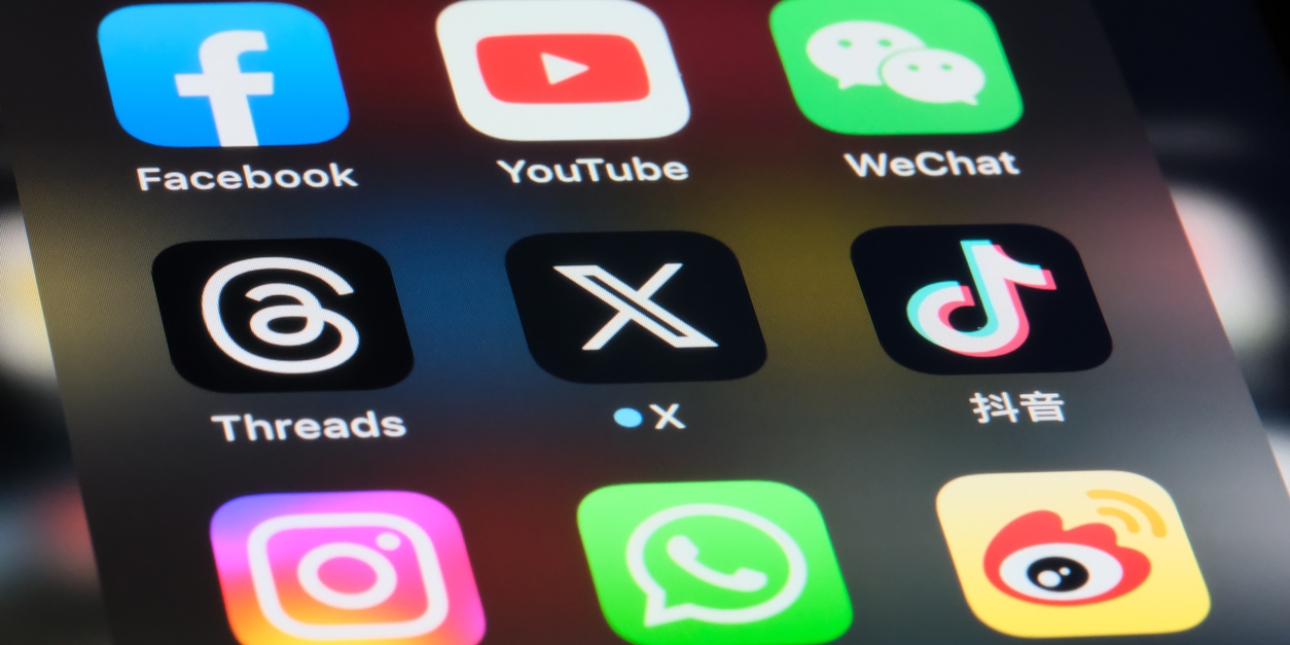Twitter rebrand: Will Elon Musk’s X-periment work?
What was the thinking behind such a monumental change, announced with little prior warning?
There were always parallels that could be drawn between Elon Musk and Tony Stark – a controversial and eccentric billionaire living in a remote part of the world conjuring up futuristic technologies to spread to the masses. However, it seems that Elon Musk has decided to go down the path of the X-Men instead.
With very little prior warning, Twitter announced in late July that it would be rebranding to ‘X’ with immediate effect. The website changed, a huge ‘X’ was projected on to its HQ in San Francisco and Musk himself released the logo on his own, erm… X feed?
Whatever your feelings as to the madhouse that the company has been since Musk took over, no one can say it has been uneventful. This is just the latest in a string of high-profile and somewhat hard-to-follow announcements in the past year, however this feels much bigger than ones that have preceded it such as the hiring of a new CEO, or charging people for a blue tick.
A rebrand of a company is an enormous undertaking and usually reserved for a very specific reason, often in reaction to something negative that has damaged the company’s reputation, something transformative that has happened such as the launching of a new product or service, or post-acquisition to bring people together. So, what is the thinking behind it, and where will the circus roll on to next?
The marketing point of view
I think it’s fair to say, that Musk and Twitter have not been totally aligned, either before or after his acquisition. Therefore, his desire to rebrand and move away from the old Twitter in many ways is understandable. Couple this with legacy reputational issues that Twitter has faced throughout its history, around content moderation and political bias, and changing the brand to distance himself from that makes sense.
However, when the launch was announced much of the response was scathing including calls of it being ‘marketing suicide’. Twitter’s name and associated brand was recently valued at £4.4bn by Brand Finance last year, so many understandably questioned how smart it was to abandon that overnight, particularly for a company struggling with revenue. Furthermore, changing from an instantly recognisable name and logo that has been ever present in society for the past two decades, to a letter of the alphabet, especially the letter X, has also been met with derision.
Firstly, the letter X could be argued as not having the best connotations. On our phones it signifies deleting things, but also it could remind us of that former girlfriend or boyfriend we would rather forget. On top of this, is the issue of copyright. Many firms have come out saying they already have a claim on the letter, including of all people, Meta, and this could lead to months, or even years, of untold misery for Musk’s lawyers – who, let’s face it, were probably already overworked.
Reason to be Xcited?
But is this missing something? Musk has long spoken of his desire to create an ‘everything app’, and this rebrand opens up the opportunity for the company to go in a totally new direction. These apps bring everything into one place combining communications, banking, retail and more. Much like when Mark Zuckerberg changed Facebook’s name to Meta, this is the biggest signal yet that he sees this as the future.
The everything app concept is not a new one worldwide. WeChat, China’s version of this, boasts one billion monthly users and is absolutely ubiquitous throughout society – even stalls selling fruit and veg in the streets may not accept any other form of payment. It is therefore surprising that it has not caught on yet in the West. If implemented it would completely revolutionise life and the way we communicate, as we know it. As such, for such a groundbreaking and monumental effort, perhaps a rebrand was the only way to go.
Taking back the initiative
Also curious is the timing of the announcement. The reputational rivalry between both Musk and Zuckerberg personally, but also between Twitter and the newly launched Threads as platforms, has been steadily gaining intensity in recent months. Since Threads was launched, many people have started suggesting that Twitter’s days are numbered, and Threads would get the upper hand. However, Threads’ momentum has seemed to tail off a little as sign-up rates dropped. So, with this announcement, at least for the moment, it seems like Musk has wrestled back control of the narrative and taken the edge in the communications battle.
Where we go from here is anyone’s guess. Many things will play a role in the outcome, perhaps even the litigation mentioned previously. However imperative to this effort will be the ability for X to market itself in a positive way, and how Musk will foster both his personal and the company’s overall reputation.
Either way, it won’t be boring.
Ben Brigham is a senior account manager at Firefly Communications, where this blog was first published. Read the original post.
.gif)
